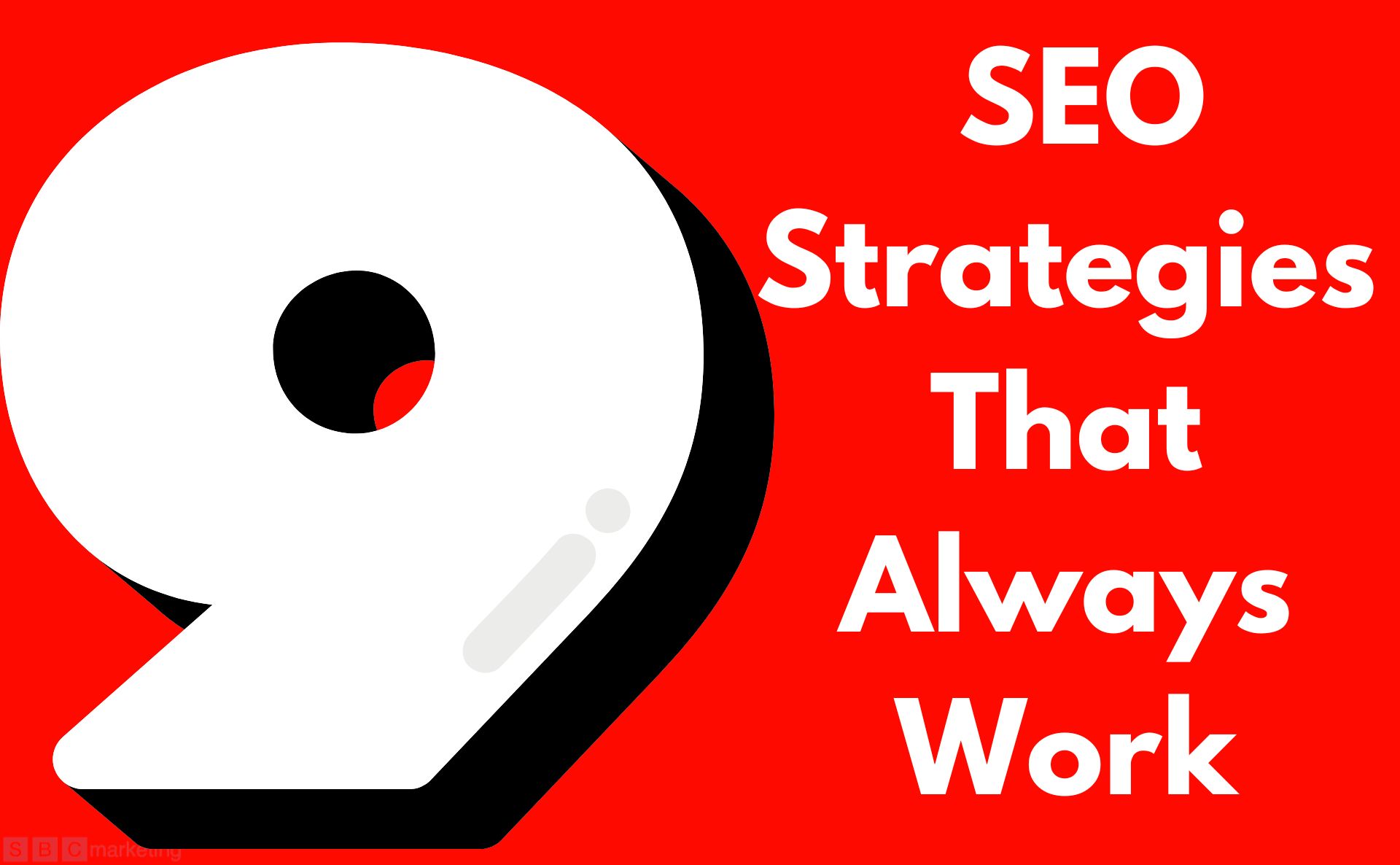Jumping from platform to platform online may not be the best approach for a small church pastor for several reasons:
1. Lack of Consistency:
Online platforms require regular updates and content creation, which can be challenging for a small church pastor with limited time and resources. Example: Posting sermons on YouTube, but only doing so irregularly, can result in fewer subscribers and reduced visibility.
2. Distraction from Ministry:
Managing multiple online platforms can divert time and energy away from essential pastoral duties. Example: Spending significant time managing social media accounts can take away from pastoral visits, counseling, and other essential church responsibilities.
3. Fragmented Audience:
Being on numerous platforms can result in a fragmented and smaller online following. Example: Running a separate Facebook page, Instagram account, and Twitter profile can lead to smaller followings on each platform, making it harder to reach the congregation effectively.
4. Limited Engagement:
Maintaining multiple accounts can lead to lower engagement with followers, as it’s harder to connect deeply with a scattered audience. Example: When managing multiple platforms, it becomes challenging to respond promptly to comments, messages, and requests from followers, reducing overall engagement.
5. Burnout:
Juggling multiple platforms may lead to burnout, affecting both online and offline responsibilities. Example: Trying to maintain a strong online presence while dealing with church duties and personal life can lead to physical and emotional burnout.
6. Inauthenticity:
Managing multiple accounts can make it challenging to maintain an authentic online presence. Example: Trying to maintain different online personas on various platforms can make it difficult to present an authentic and genuine image.
7. Content Quality:
It’s difficult to maintain high-quality content when spreading oneself thin across various platforms. Example: Producing quality content requires time and effort. Managing too many platforms may result in rushed and low-quality posts.
8. Confusing Branding:
Jumping between platforms may confuse your church’s online branding and messaging. Example: Using different logos, color schemes, and messaging across platforms can confuse online visitors about your church’s identity.
9. Resource Drain:
Running multiple accounts may strain financial and human resources. Example: Hiring social media managers or spending on advertising for multiple platforms can be financially draining for a small church.
10. Privacy Concerns:
Sharing too much personal information online can lead to privacy issues. Example: Sharing personal information, such as family details, on various platforms may expose the small church pastor to privacy invasions or security risks.
11. Overcommitment:
Trying to be everywhere online can lead to overcommitment, leaving little time for personal growth and well-being of small church pastor. Example: Attempting to maintain a presence on five different platforms while also pursuing personal growth can lead to exhaustion and burnout.
12. Follower Fatigue:
Frequent platform changes can lead to follower fatigue, where your audience might disengage. Example: Frequent shifts from one platform to another may cause followers to lose interest and stop engaging with the pastor’s content.
It’s often better for a small church pastor to focus on one or two platforms where they can build a more meaningful online presence and engage effectively with their community. Focusing efforts on a select few platforms can help the pastor provide better, more consistent, and authentic online content to engage with the congregation effectively.
Pastor, Unlock the Full Potential of Your Ministry with SBC Marketing London!
🌟 Benefit 1: Reach a Wider Audience – Expand your church’s reach and engage with a broader community.
🌟 Benefit 2: Tailored Solutions – Get customized marketing strategies that fit your church’s unique needs.
🌟 Benefit 3: Time and Energy Savings – Let us handle the marketing, so you can focus on your pastoral duties.










